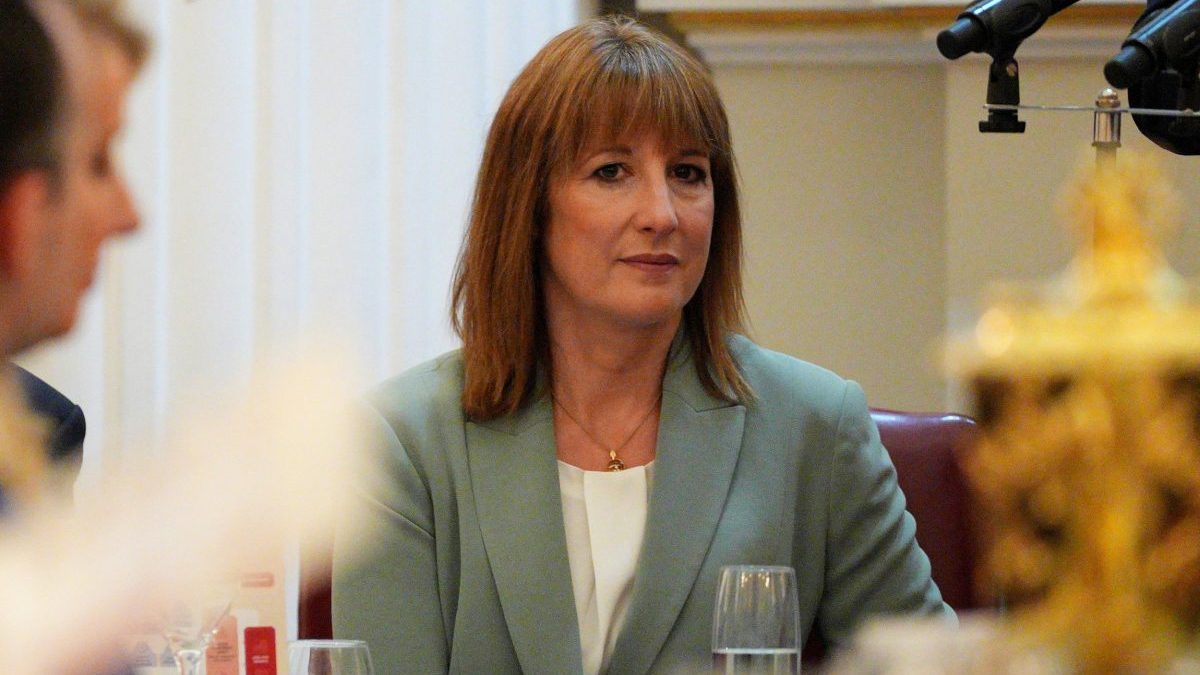Delaying reform to workplace pensions will just worsen our country’s retirement crisis
I was hoping for one thing when Rachel Reeves made her Mansion House speech earlier this week – but once again, I was left disappointed.
There had been speculation she might at least hint at a move towards higher minimum pension contributions, but she ended up saying nothing on this crucial issue.
Although pushing for more to be paid into pensions right now could be difficult, given the financial pressures on employers and employees, it was a shame that she didn’t even touch upon the area.
If there’s one thing crying out for reform, it’s auto-enrolment in workplace pensions.
Right now, the minimum auto‑enrolment contribution level is 8 per cent – 5 per cent from the employee, topped up by 3 per cent from the employer.
Some lucky souls work for companies generous enough to match their contributions, or better, and some in the public sector get genuinely generous pensions, but many workers just get the legal minimum.
With that minimum amount, the likelihood that we’ll have enough to retire on, comfortably, or even modestly, is slim.
I’m 25 and I live in London, and for me, getting on the property ladder feels more impossible every day. House prices are up, inflation’s sticky, and interest rates aren’t budging fast enough.
That little bit of money I tuck into my ISAs each month for a future deposit feels smaller and smaller once rent (£810), bills (£385), and life (I’d prefer not to reveal for my own sanity) take their slice.
While I genuinely don’t mind renting – I love nothing more than living with and near my mates – and I’d rather be in Zone 3 than commuting from a shed in Surrey, it does mean I could still be paying rent in retirement.
It’s scary – really scary. I put 10 per cent into my pension each month and have done so since I started full‑time work at 21. That’s pretty decent for someone my age, especially with London rent and social temptations. And still, I’m terrified about retirement.
I’m even more scared for my peers, though. Many put in less. Most only contribute what they have to, because that’s all they can afford. Some have opted out of making contributions to their pension pot entirely.
Whether people should even be allowed to opt out is another debate. At a pensions conference I went to recently, a campaigner stood up and pleaded – genuinely begged – a room full of advisers, bankers, civil servants and journalists to help her change the law so young people couldn’t just tick a box and ignore their financial futures.
Any change to pensions won’t happen overnight, and would need to be phased in, but even a small step in the right direction would mean a lot.
There are options on the table. The Institute for Fiscal Studies (IFS) has suggested employers should have to pay into pensions even if their workers earn below the £10,000 threshold – a move that would help part-time and lower-income workers, particularly women.
Another route is gradually increasing the minimum contribution rate to 10 or 12 per cent over time. That would likely mean asking employers to shoulder more of the cost, at least initially. It wouldn’t be easy, especially for small businesses, but done gradually, it’s doable.
Reeves could also look at curbing opt-outs, making it harder for people to ignore their future without at least pausing to think about it.
No one wants to be told to save more when money’s tight, but not acting now will cost us far more later.
The current system isn’t doing enough. Yes, there’s a cost to asking employers and employees to pay more – but the cost of doing nothing is far greater.
Delaying the inevitable means letting more people sleepwalk into a crisis.
You can’t help people who don’t want to be helped, sure. And maybe those in their 20s and 30s don’t want to hear this right now. They want to spend, live and escape. So do I.
But I promise you, they’ll regret it when they’re 71, still dragging themselves into work to afford the rent, while I’m somewhere warm, swinging in a hammock, explaining compound interest to my grandkids like it’s bedtime storytelling.
So, there was no surprise in Tuesday’s speech, but if the Autumn Budget brings a proper review of auto‑enrolment and a credible plan to raise contribution levels, we’ll know the pressure has paid off. That’ll be the real win.

